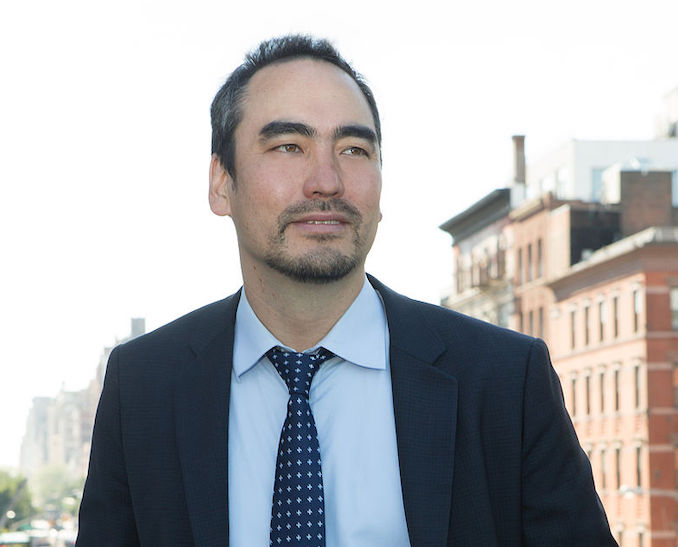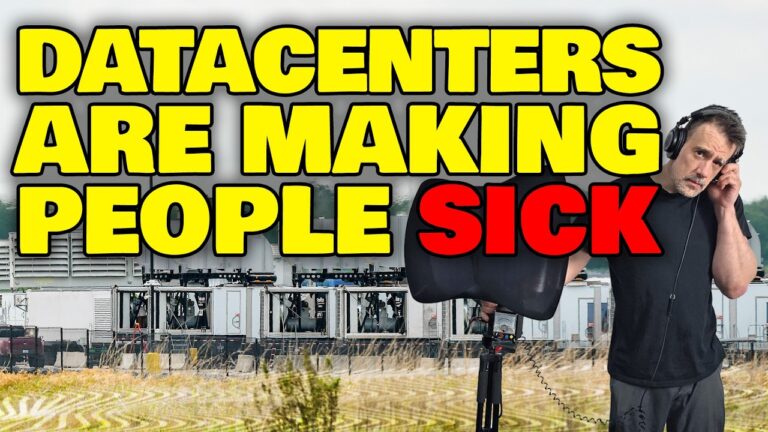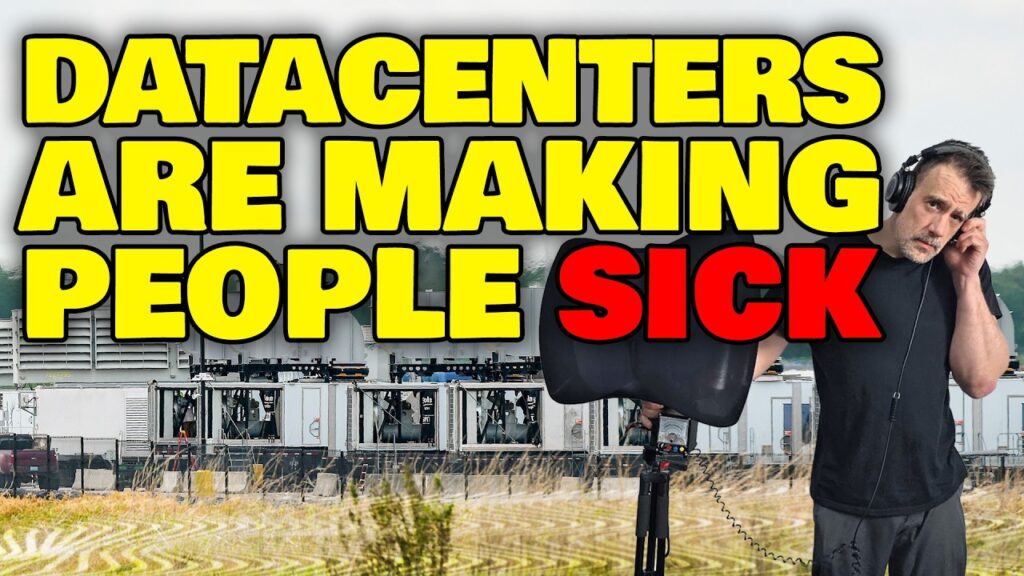
Become a member: Subscribe
Hero of the Week
Tim Wu

“The concentration of government and tech power together is a serious threat to human liberty.”
~ Tim Wu
Hero of the Week, September 1, 2025
Tim Wu
As a Columbia Law School professor—and one of America’s 100 most influential lawyers, according to the National Law Journal—author and jurist Tim Wu’s impressive intellectual portfolio resides at the intersection of law, science, and technology. He also, according to his Columbia bio, “has been a leader in the revitalization of American antitrust,” focusing in particular on the growing power of Big Tech.
Since its publication in 2010, Catherine has not stopped recommending Wu’s book, The Master Switch: The Rise and Fall of Information Empires, which she says “nails” the all-too-recurrent story of corporate concentration and vertical integration—what Wu calls the evolution “from open to closed system”—in the communications industry. Wu’s discussion of AT&T’s rise as “one of the most fearsome monopolies in history” provides a particularly compelling case study (and one that Catherine and Solari can confirm through their own repeated encounters with AT&T’s abuse of monopoly power).
The topic of corporate and industrial concentration is certainly not outdated, and Wu is one of its best chroniclers. At the time of Master Switch’s publication, the IT industry was on the cusp of a similar transition. Wikipedia tells us that the term “Big Tech” entered the lexicon around 2013. By May 2025, when Wu was asked in a Harvard Business School interview whether Big Tech is now “too big,” his unhesitating reply was, “The answer is obviously yes.”
Going one step further, Wu told the Harvard interviewer that Big Tech’s symbiotic relationship with the government (other tech observers describe government as the IT industry’s most “stable and deep-pocketed customer”) poses unique dangers. In effect referencing the digital control grid, Wu said that the intertwined tech-government relationship means that not only does Big Tech “know everything about you,” but “the government knows everything, too,” creating the potential for the U.S. government to “use whatever technological measures are possible to try and control [people’s] behavior,” China-style, “or move people up or move people down.”
We appreciate Wu’s willingness to warn people about the encroaching social credit system and to keep calling out “the curse of bigness” (the title of his 2018 book, just reviewed by Catherine). We suspect that Wu’s forthcoming book, The Age of Extraction: How Tech Platforms Conquered the Economy and Threaten Our Future Prosperity (November 2025), which casts tech platforms as “some of the most effective instruments of wealth extraction ever invented, seizing immense amounts of money, data, and attention,” will probably make for excellent companion reading with our Wrap Up on Plunder.
Links
Timothy Wu (Columbia Law School)
Tim Wu (Penguin Random House)
Columbia Law’s Timothy Wu on Silicon Valley’s Dangerous Alliance with Government
Big Tech (Wikipedia)
Log in or subscribe to the Solari Report to enjoy full access to exclusive articles and features.
Already a subscriber?























































































































